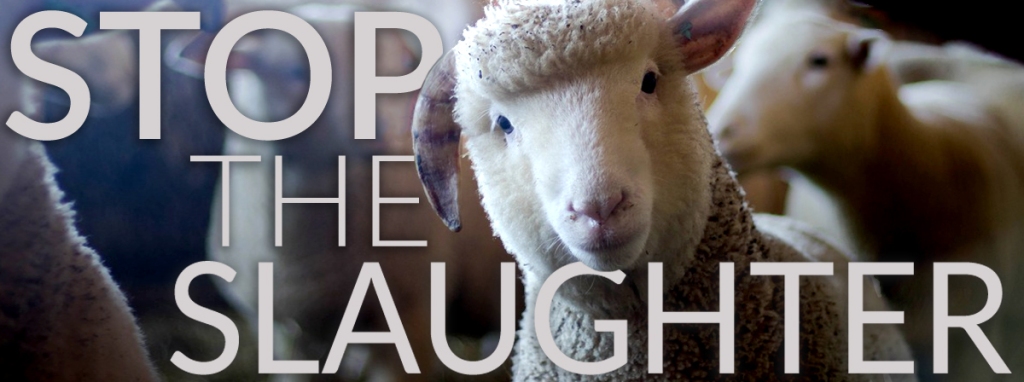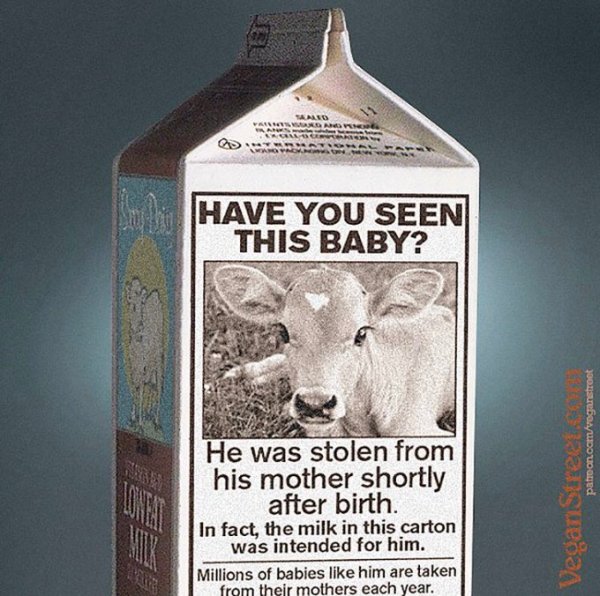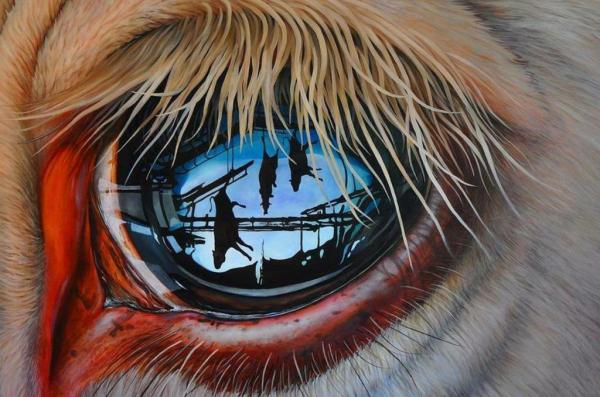Rescued Chimps Get a Second Chance
Source Their Turn
By Donny Moss
By the time orphaned chimps arrive at Liberia Chimp Rescue & Protection’s (LCRP) new sanctuary, they have experienced more tragedy than most humans will experience in a lifetime. That’s because they watched poachers kill their mothers for bushmeat before kidnapping them and hauling them out of their forest home in an attempt to sell them as exotic pets.
“Most of the orphans are inconsolable when they arrive,” Jenny Desmond, who, along with her husband Jim, created LCRP. “You can see the heartbreak in their eyes.”
When government authorities deliver baby chimps to LCRP after confiscating them from poachers, Jenny and Jim swing into action right away, assigning a human caregiver to be the baby’s surrogate mother. With the support and guidance from the Desmonds, who have spent their careers working at sanctuaries, the caregivers spend the next days, weeks and months helping the chimps recover by bottle feeding them, playing with them, introducing them to other orphans, sleeping next to them and ultimately integrating them into a chimp group. In time, most of the chimps recover from their trauma and find happiness at the sanctuary.
“These babies should be in the forest, but, because poachers killed their mothers and families, they have to be raised by humans,” said Jenny Desmond. “We are their surrogate mothers – day and night. At about age five, wild chimpanzees start sleeping separately from their mothers, so we use this, along with their needs and personalities, to determine when they’re ready to fully integrate into our older nursery group and spend their days and nights with other chimps.”
The Desmonds hope that they can one day return some of these chimps to their natural habitat in the Liberian forests, which have an estimated 7,000 wild chimps remaining. Re-introduction, however, is a complicated, long-term process. In the meantime, they are creating as natural a life as possible for the chimps in a sanctuary setting.
The Desmonds arrived in Liberia in 2015 to take care of another population of chimps — the 66 who were abandoned on deserted islands by the New York Blood Center. Within weeks of their arrival, however, the FDA (Forestry Development Authority) knocked on their front door and dropped off two infants. In just over a year, that number has grown to 16. The Desmonds have outgrown their space and plan to move to a more remote location in the forest where the babies can, along with their human caregivers and other chimps, can live in a semi-wild environment with minimal human contact.
“Chimps are wild animals, not pets,” said Desmond. “Ideally, the only people who should be interacting with them are their surrogate mothers who provide them with the parenting and TLC that they need to survive during their first several years of life.”
The Desmonds are working with government authorities and other NGOs to protect chimpanzees, a critically endangered species, in their forest home. Combatting Liberia’s illegal bushmeat and exotic pet trades means far fewer baby chimps will be orphaned and need sanctuary. They hope that ecotourism – trekking to see habituated chimps in the forest – can eventually be a source of income for those who are now poaching chimps and selling their meat. “Chimps are a valuable renewable resource for Liberians, as mountain gorillas are for Rwandans, but that means protecting them instead of killing them,” said Desmond.
Between protecting wild chimps in the forest and raising orphaned chimps at the sanctuary, the Desmonds have a lot of work to do – in a difficult setting. Thankfully, they have a team of dedicated caregivers at LCRP who genuinely love the chimps and their jobs.
Your Turn
Please follow Liberia Chimpanzee Rescue & Protection on Facebook by giving their page a “like”.
Please make a contribution to support the life saving work of LCRP.
Order a FREE vegan kit: http://www.peta.org/living/food/free-vegan-starter-kit/
Take PETA’s Cruelty-Free Shopping Guide along with you next time you head to the store! The handy guide will help you find humane products at a glance. Order a FREE copy HERE
Want to do more than go vegan? Help others to do so! Click on the below for nominal, or no, fees to vegan literature that you can use to convince others that veganism is the only compassionate route to being an animal friend.
PETA: http://www.petacatalog.com/catalog/Literature-39-1.html
Looking for merchandise? Action for Animals has a very good selection : http://store.afa-online.org/home.php?cat=284
Have questions? Click HERE
how precious are they,
our brothers
so close.
and yet so cruel
we are.
how can we be
a “humanity”
if we stay as
we are.
Karen Lyons Kalmenson

















































how precious are they,
our brothers
so close.
and yet so cruel
we are.
how can we be
a “humanity”
if we stay as
we are.
LikeLiked by 1 person
So true! Thank you, my dear, I love it, it’s perfect.
LikeLike
Thank you Stacey for this heartbreaking and heartwarming article. Thank god for people like the Desmonds
LikeLiked by 1 person
I completely agree.
LikeLike
Fortunately, there are people like the Desmond taking care of undefended sentient beings. It’s awful how many species are endangered, how many abused in every way possible. This is a sick world, with too many sick minded humans walking around freely… I wish something could change soon, but each day I realize that first has to happen something terrible to awaken these idiots beast who do not open up their eyes.
Today we used already all the Planet Earth resources… from tomorrow, we live on the heritage for the next generations (http://www.wwf.ch).
But we do not let us be victimized by the “dominants”… there is one battle after the other!
Thank you for caring 🙂
LikeLike